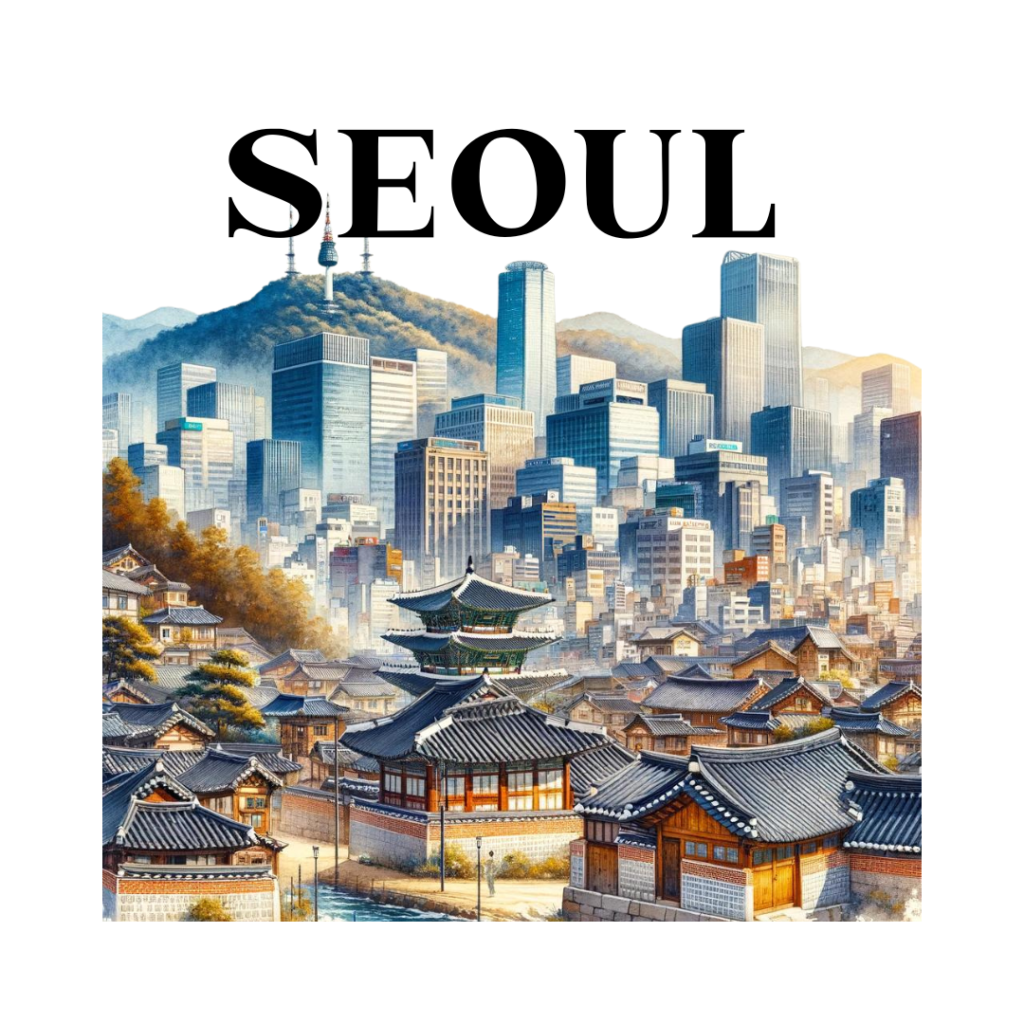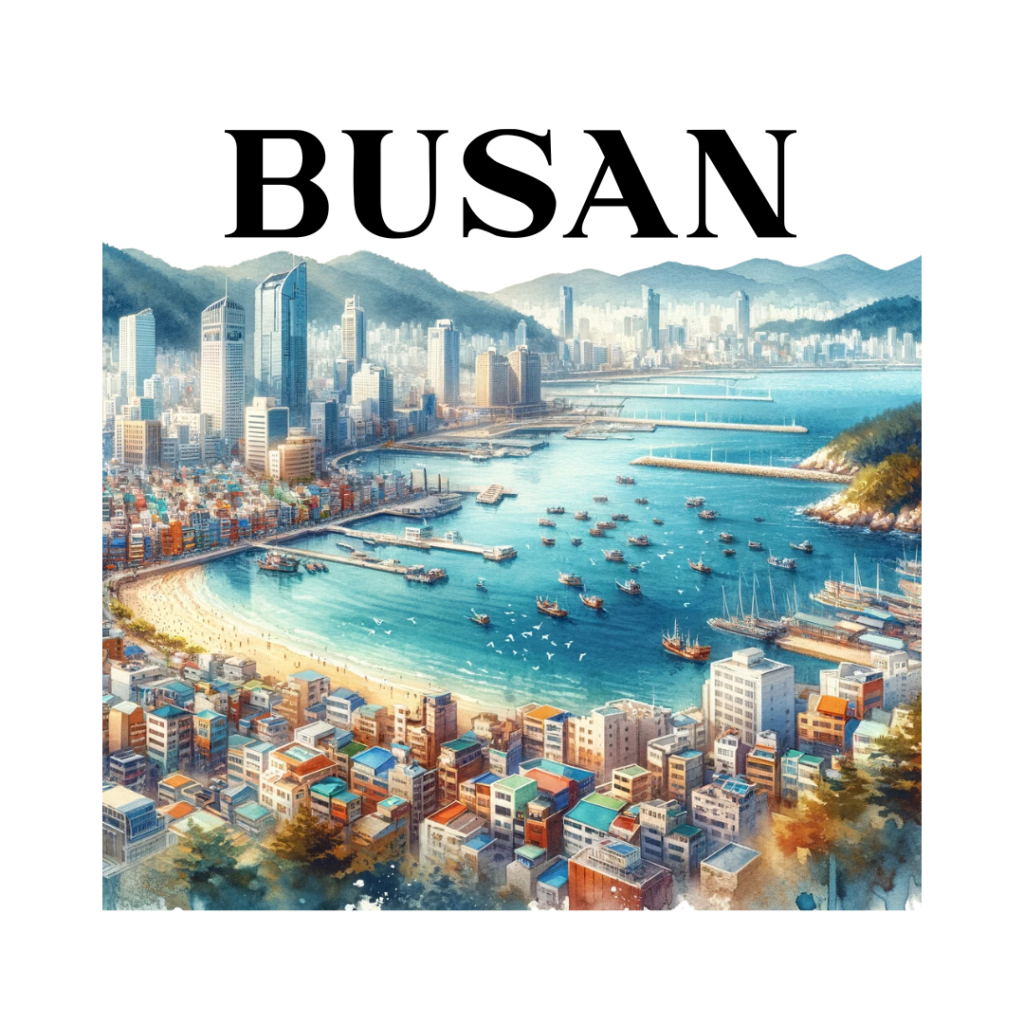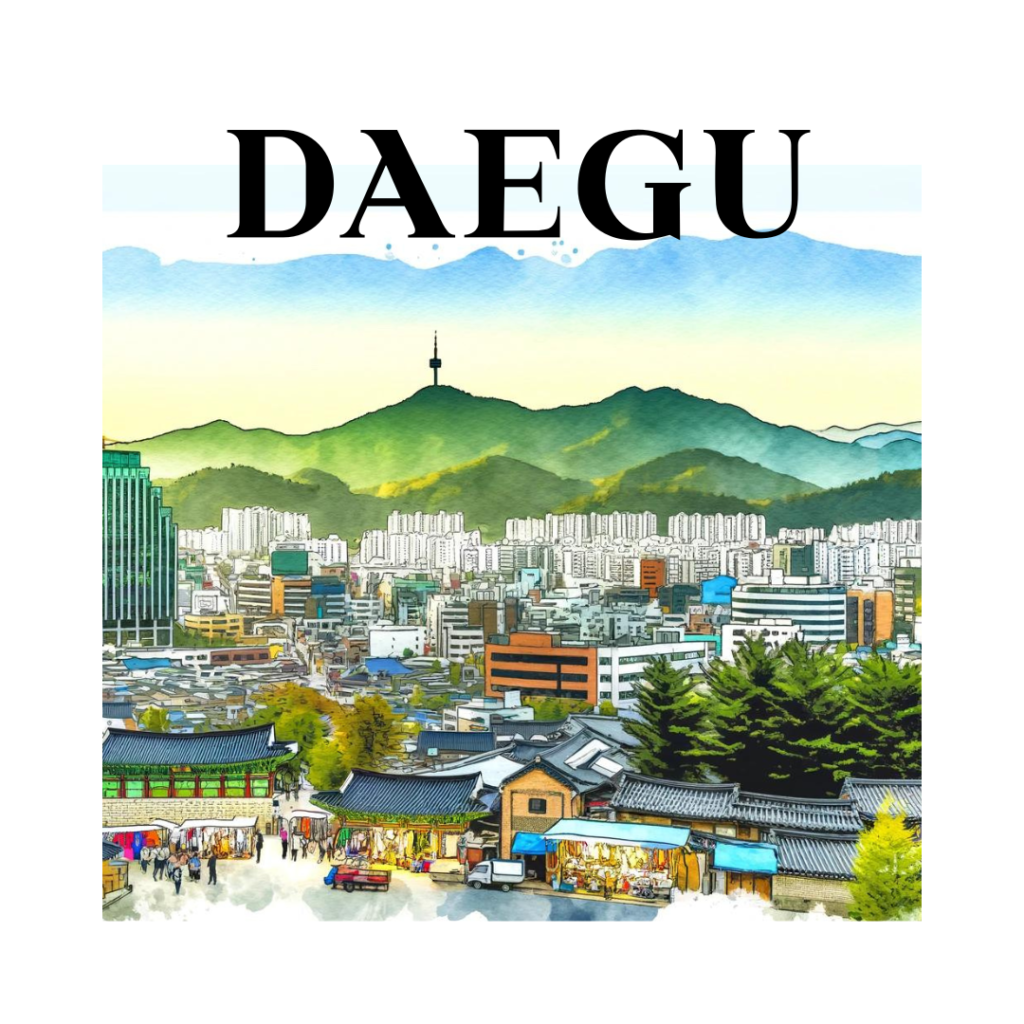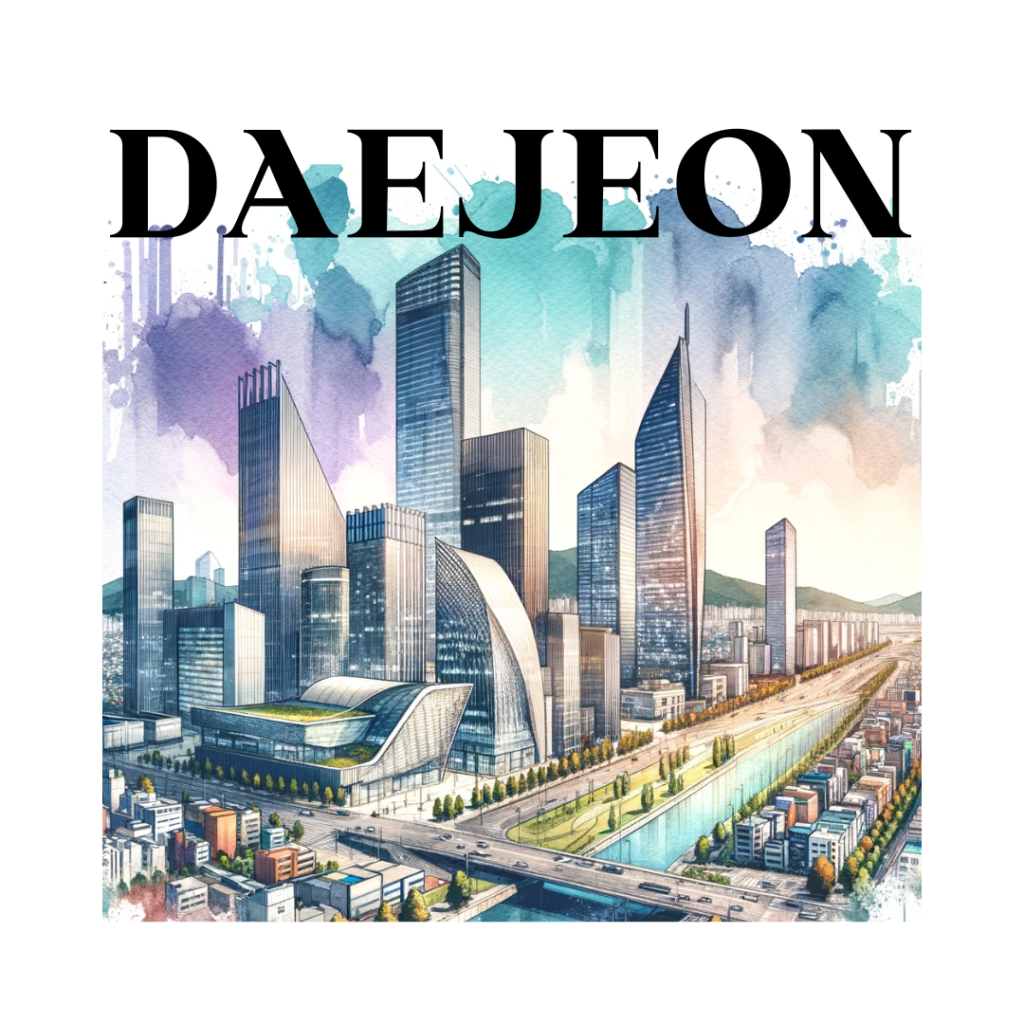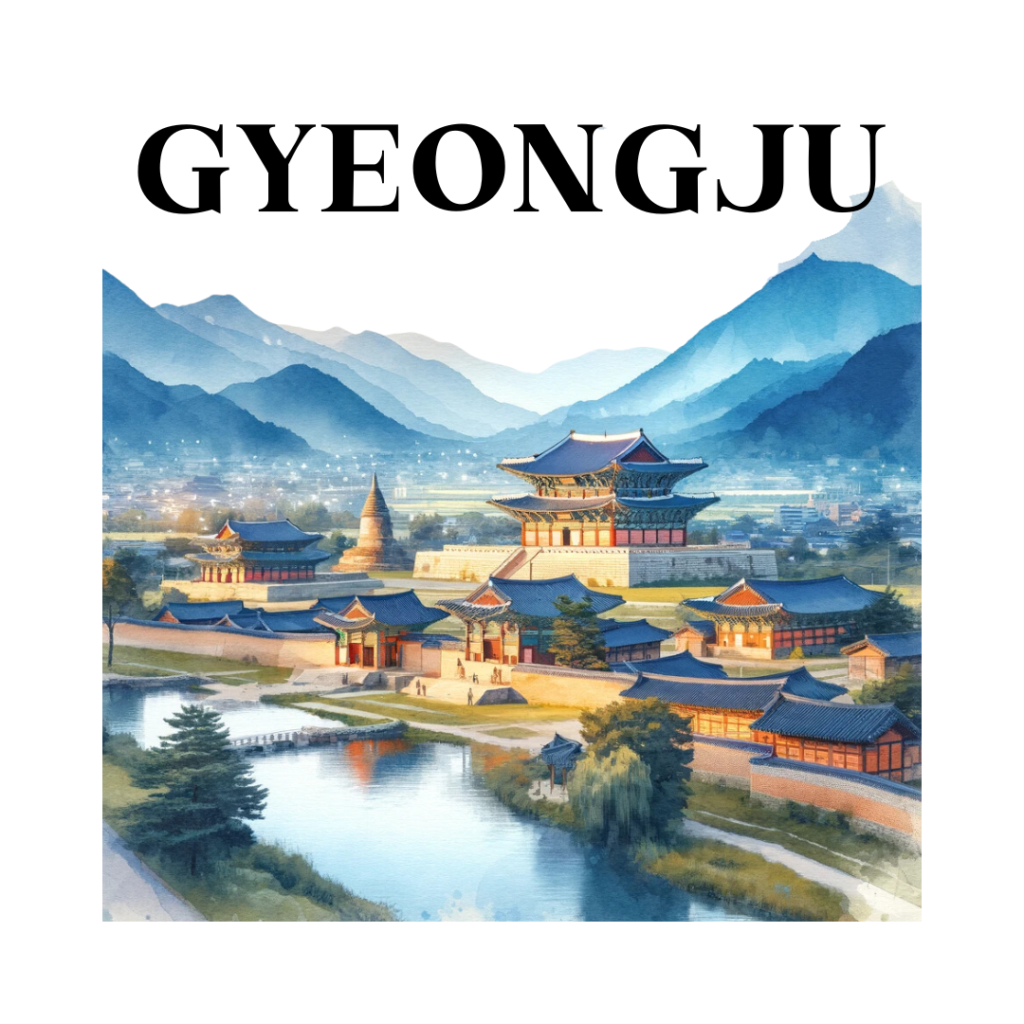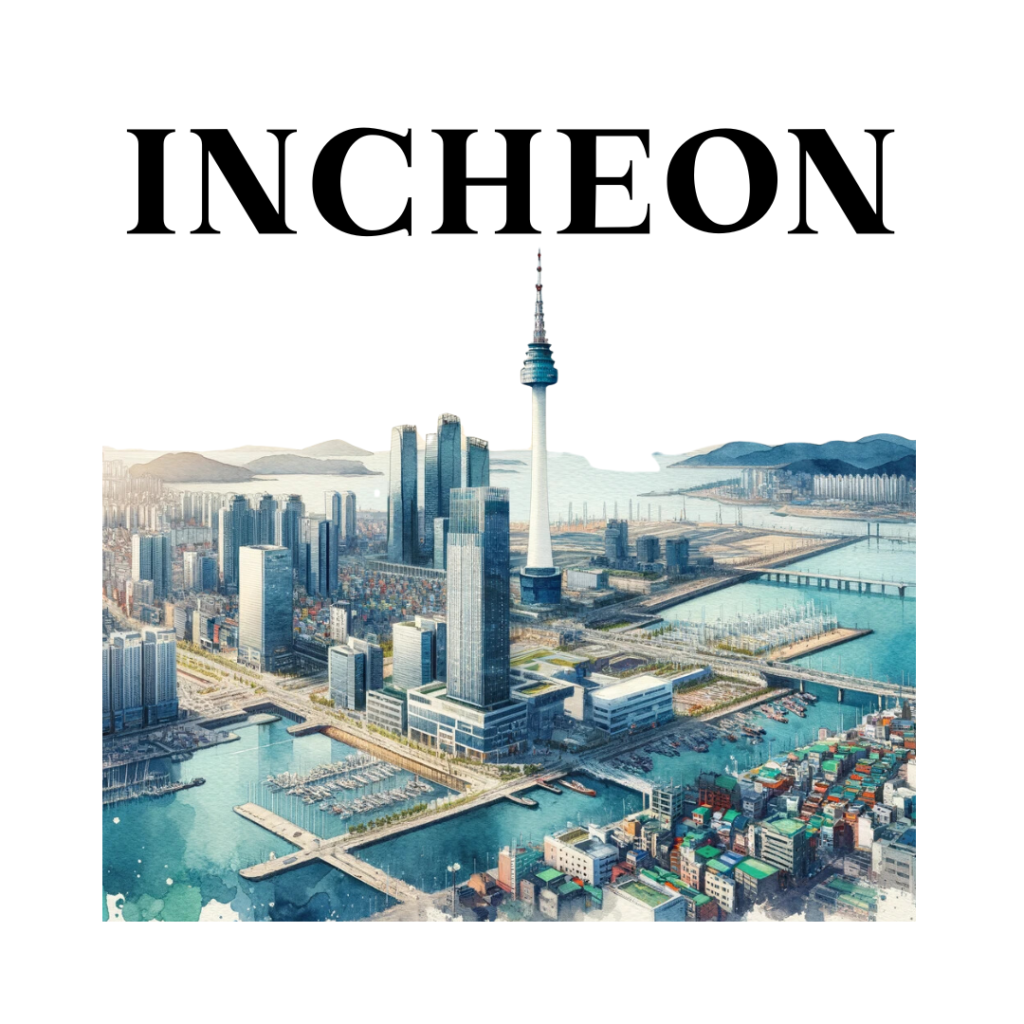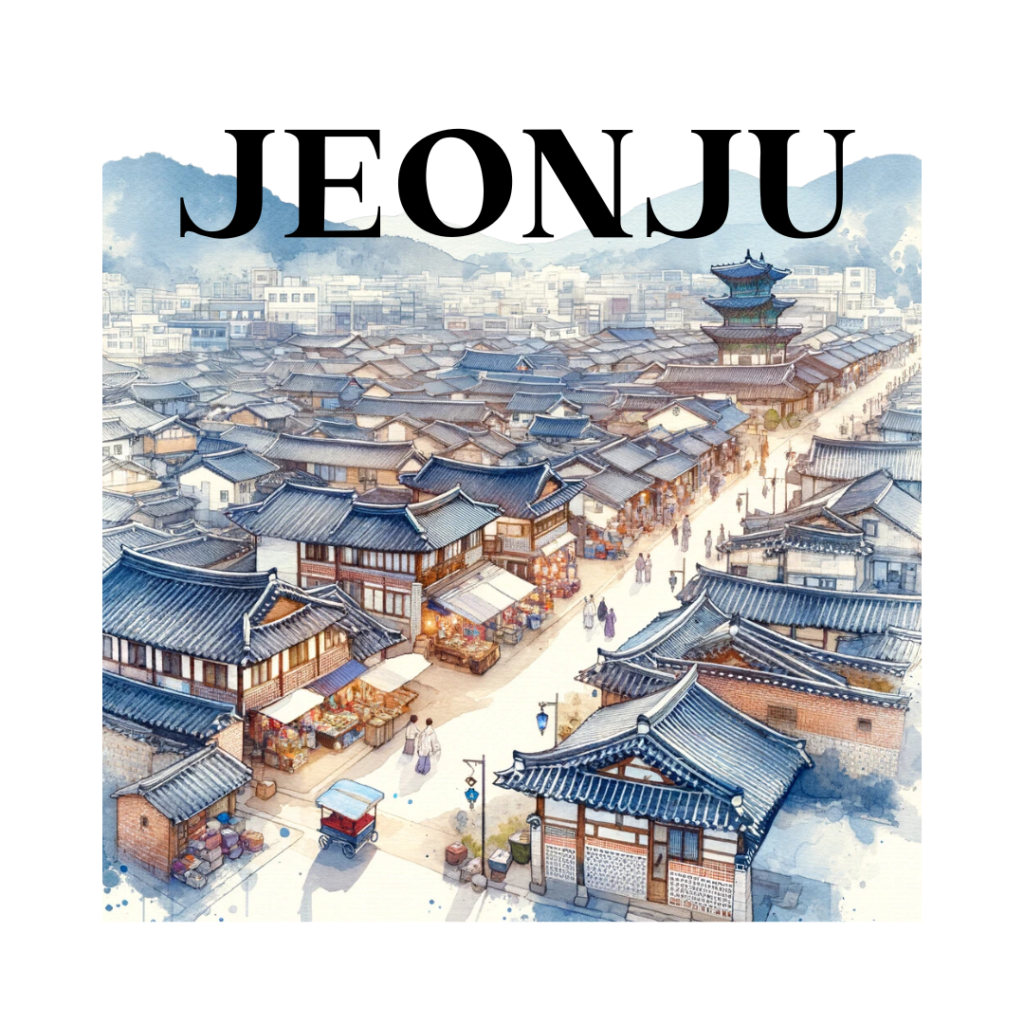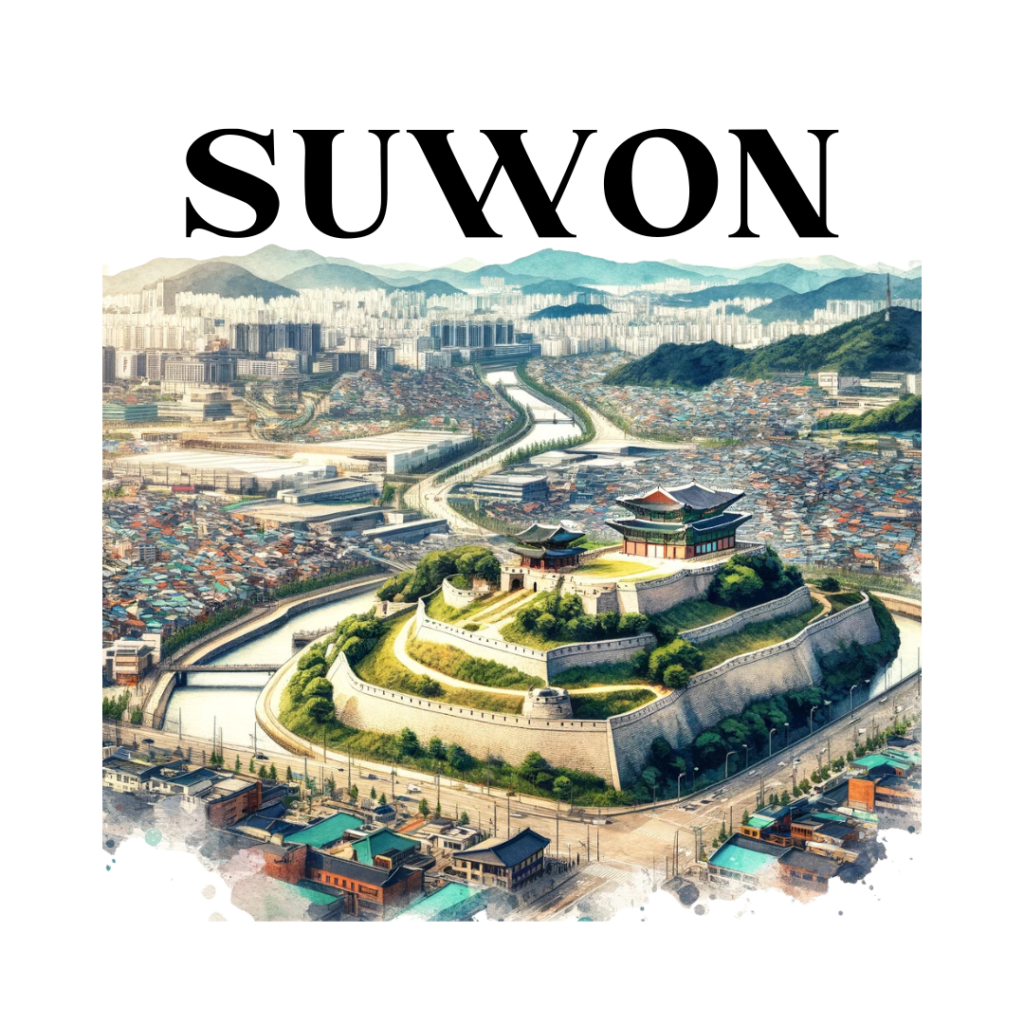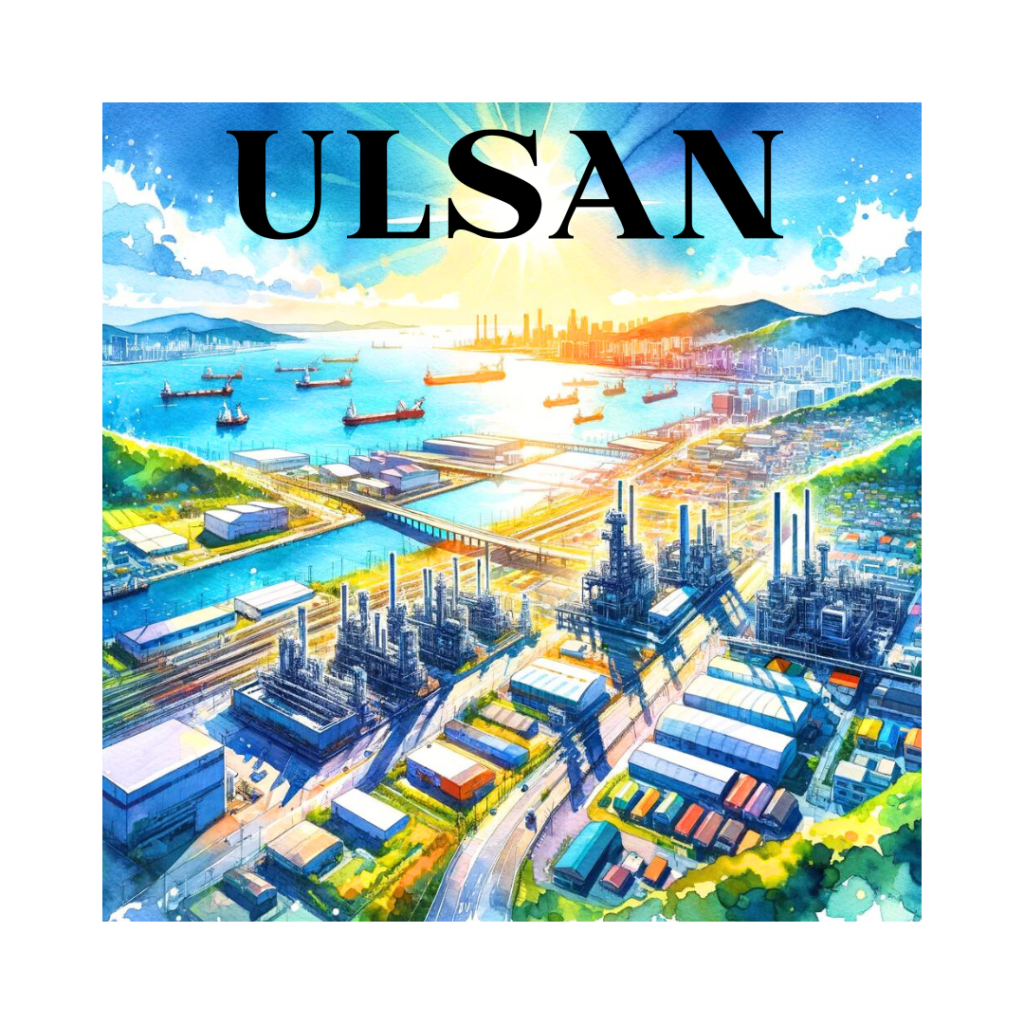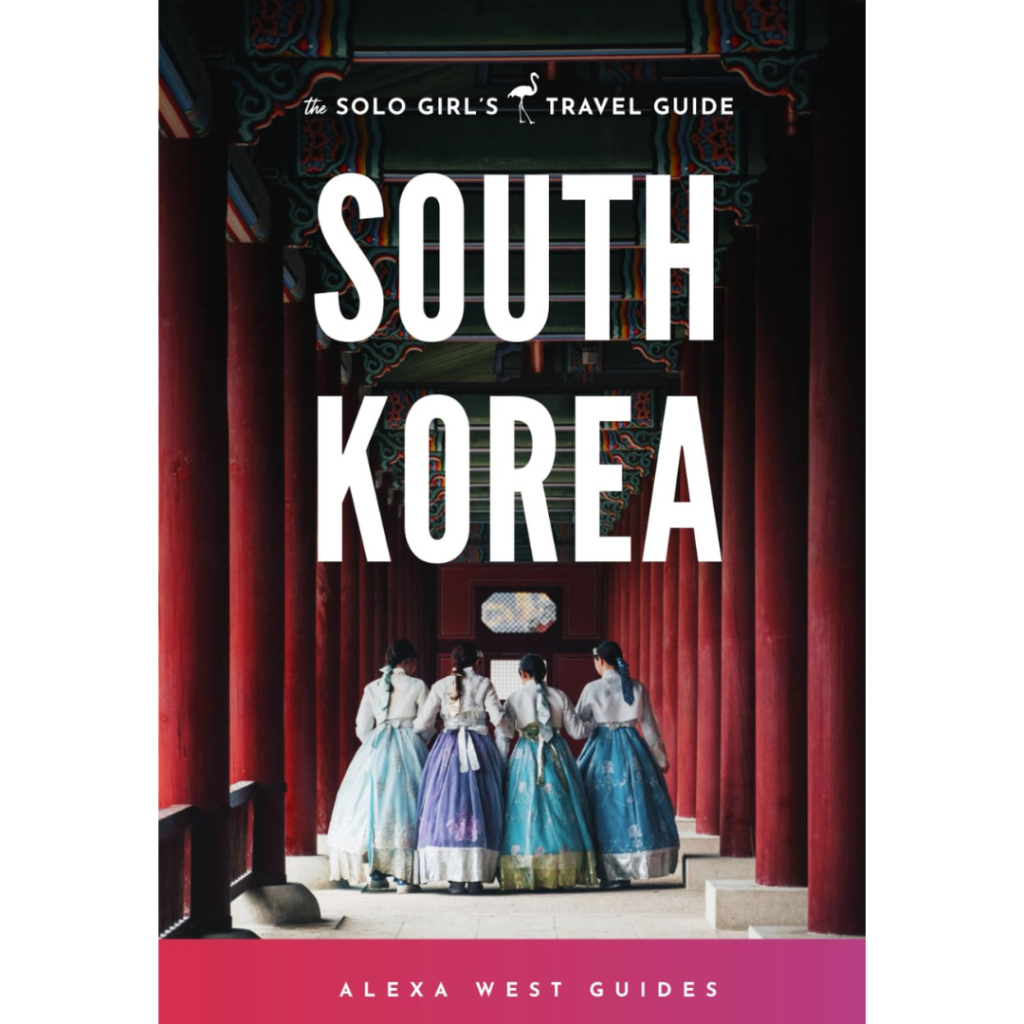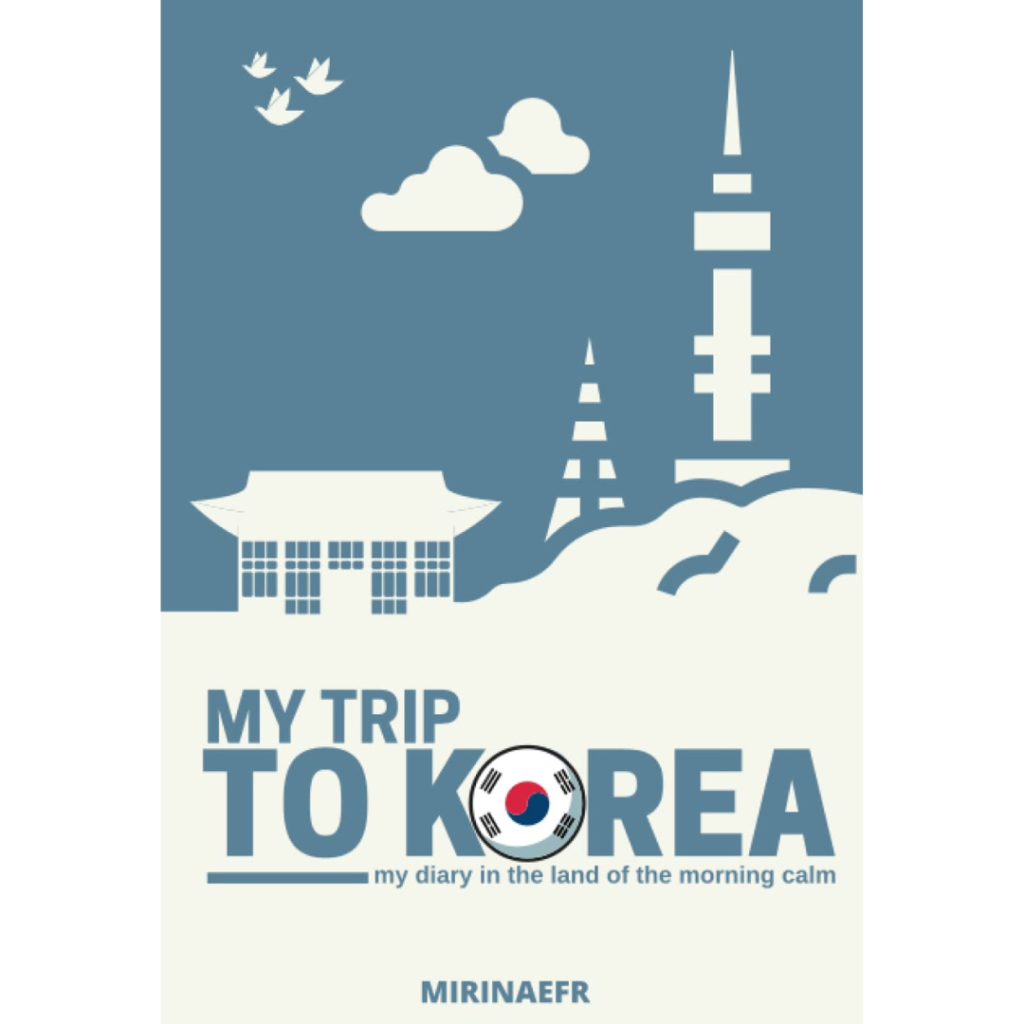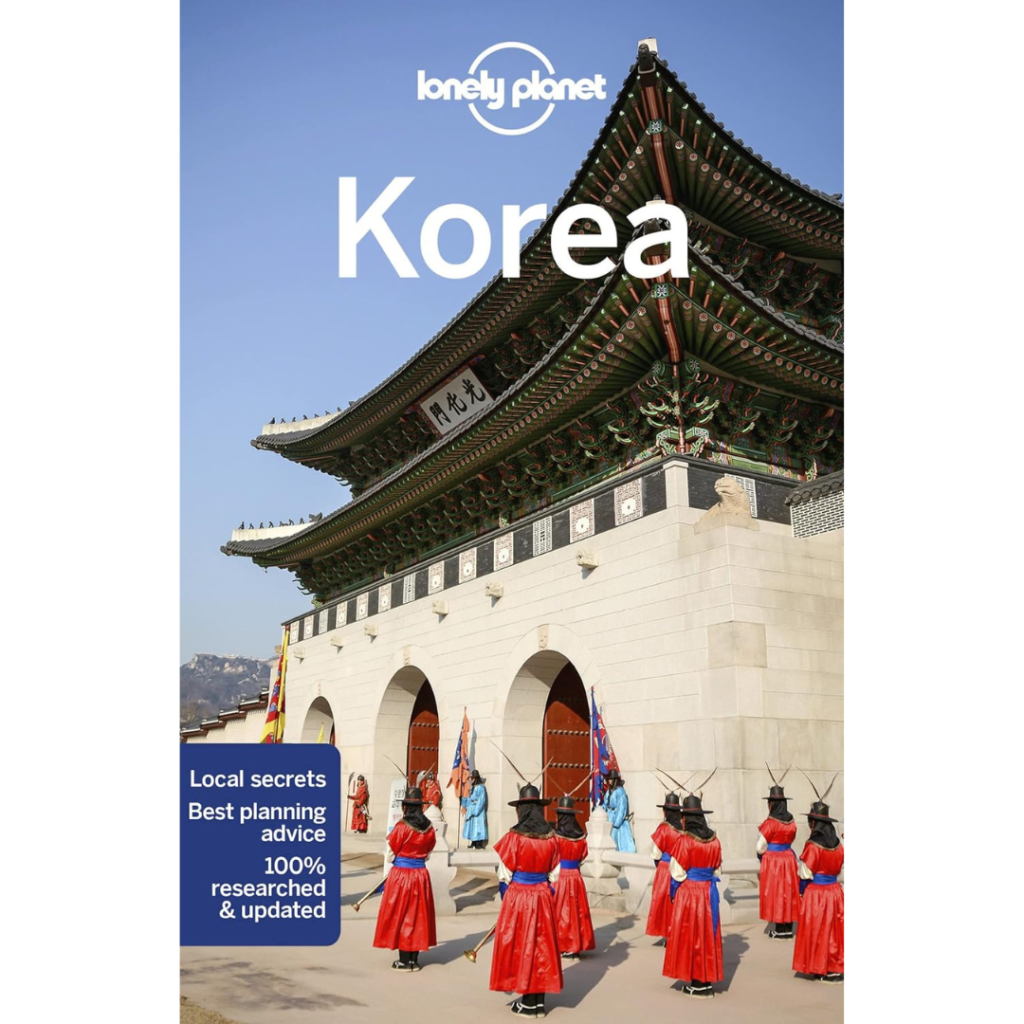South Korea
Exploring the cities
South Korea, located on the Korean Peninsula, is a nation of contrasts. Its landscape ranges from bustling urban centres with modern skyscrapers to serene countryside adorned with traditional hanok houses. The country boasts a rich cultural heritage with historic palaces and temples, complemented by a vibrant contemporary art and technology scene.
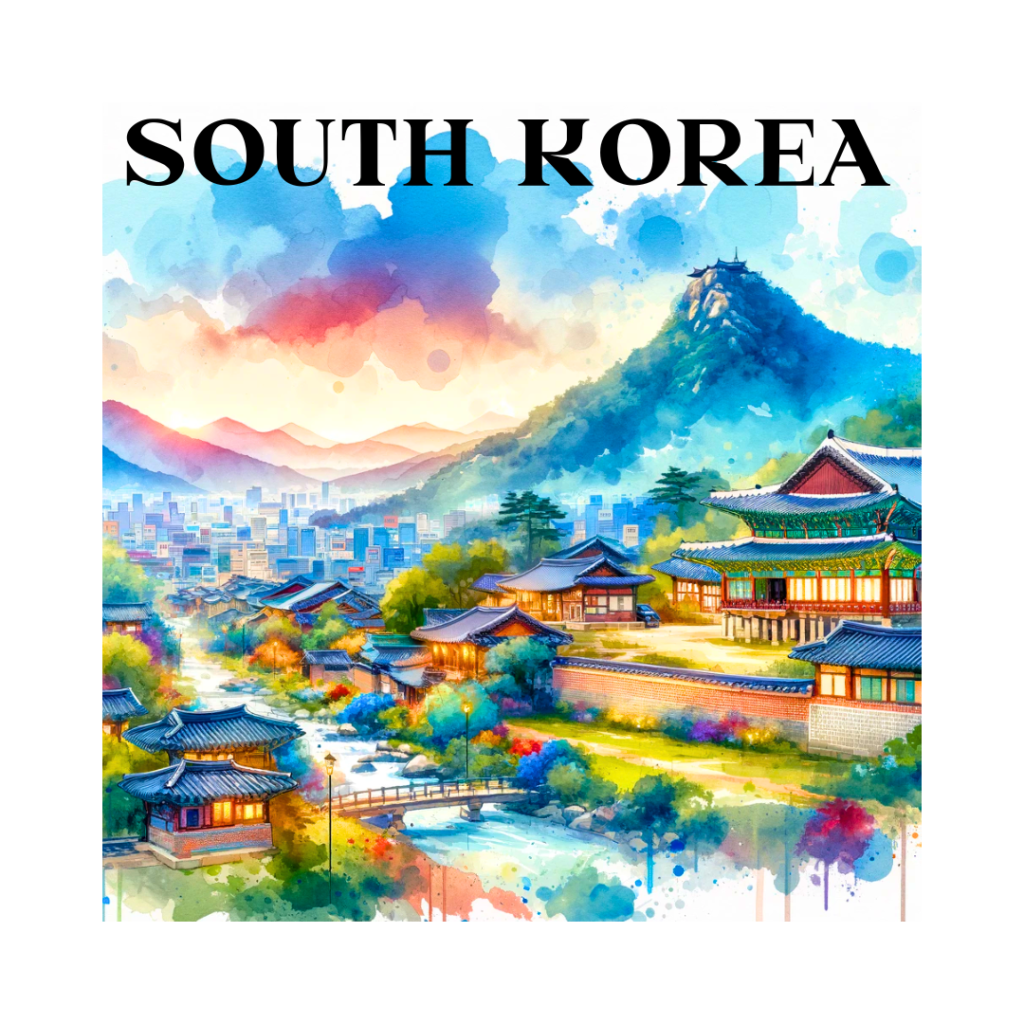

South Korea, located on the Korean Peninsula in East Asia, is a nation known for its dynamic cities, stunning landscapes, and rich cultural heritage. The capital, Seoul, is a bustling metropolis that seamlessly blends modernity with tradition. South Korea boasts a population of over 51 million, making it one of the most densely populated countries in the world. The official language is Korean, and English is commonly spoken, particularly in urban areas. South Korea’s fascinating history, vibrant culture, and delectable cuisine make it an enticing destination for travelers.
Culture
South Korean culture is a fusion of ancient traditions and contemporary influences. Korean culture traces its roots from Confucianism, Buddhism, and Shamanism. Traditional arts like Taekkyeon (a martial art) and pansori (narrative singing) reflect the country’s rich heritage. South Korea is famous for its Hanbok, the traditional attire worn during special occasions. The country celebrates festivals such as Chuseok (Harvest Moon Festival) and Seollal (Lunar New Year) with colorful customs and rituals.
Cuisine
Korean cuisine is celebrated globally for its bold flavors and diverse dishes. Staples like rice, kimchi (fermented vegetables), and gochujang (red chili paste) are prevalent. Korean barbecue, where you grill meat at your table, is a must-try experience. Dishes like bibimbap (mixed rice), bulgogi (marinated beef), and samgyeopsal (pork belly) showcase the variety of Korean flavors. Street food is an integral part of Korean culture, offering treats like tteokbokki (spicy rice cakes) and hotteok (sweet pancakes).
History
South Korea’s history is a journey through dynasties, colonization, and rapid modernization. Ancient kingdoms like Goguryeo and Joseon laid the foundations for Korean culture. The Japanese colonization during the early 20th century left a significant mark on the country. After World War II, Korea was divided into North and South, leading to the Korean War. The Demilitarized Zone (DMZ) remains a symbol of the divided peninsula. South Korea’s post-war recovery led to rapid economic growth, transforming it into an economic powerhouse.
Top 9 cities in South Korea for a dynamic holiday
Seoul: Where Tradition Meets Modernity
Nearest Airport: Incheon International Airport
Seoul, the capital, offers a harmonious blend of modern skyscrapers and historic palaces. It’s a vibrant metropolis where you can explore ancient heritage and contemporary culture. From the majestic Gyeongbokgung Palace to the bustling streets of Myeongdong, Seoul offers an array of experiences. Seoul’s subway system is one of the most extensive and efficient in the world, making it easy to navigate the city.
Busan: Coastal Charm and Culture
Nearest Airport: Gimhae International Airport
Busan, a coastal gem, is renowned for its stunning beaches like Haeundae and cultural festivals. The city’s relaxed atmosphere, seafood markets, and scenic vistas make it a beach lover’s paradise. Haeundae Beach hosts the Busan International Film Festival, attracting cinephiles from around the globe.
Daegu: Spice and Tradition
Nearest Airport: Daegu International Airport
Daegu, known for its textile industry, boasts bustling markets like Seomun Market and cultural gems like Donghwasa Temple. The city’s cuisine is known for its spicy flavors. Daegu’s famous dish, “Daegu jjim,” is a flavorful and spicy braised chicken dish.
Daejeon: City of Science and Innovation
Nearest Airport: Cheongju International Airport
Daejeon, a hub of science and technology, offers educational attractions like the Daejeon National Science Museum. The city’s parks, green spaces, and annual wine fair make it an engaging destination. Daejeon hosts the popular Daejeon International Wine & Spirits Fair.
Gyeongju: Where History Comes Alive
Nearest Airport: Ulsan Airport
Gyeongju, known as the “Museum Without Walls,” is a treasure trove of historical sites. Explore ancient tombs, temples, and the exquisite Bulguksa Temple, a UNESCO World Heritage Site. Gyeongju was the capital of the ancient Silla Kingdom, and its heritage is meticulously preserved.
Incheon: Gateway to South Korea
Nearest Airport: Incheon International Airport
Incheon, home to the renowned Incheon International Airport, offers more than just transit convenience. Explore vibrant Chinatown, historic sites like Wolmido Island, and embrace the city’s multicultural atmosphere. Incheon International Airport has been named the “World’s Best Airport” numerous times.
Jeonju: A gem in South Korea
Nearest Airport: Gunsan Airport
Jeonju, a gem in South Korea, is renowned for its rich history and culinary delights. The city’s Hanok Village mesmerizes with traditional Korean houses, while its vibrant food scene, especially the famous Jeonju Bibimbap, offers an authentic taste of Korean culture.
Suwon: The Fortress of History
Nearest Airport: Incheon International Airport
Suwon is famous for its Hwaseong Fortress, a UNESCO World Heritage Site. Dive into the city’s historical significance and explore this well-preserved fortification. Hwaseong Fortress features an innovative floodgate system that showcases engineering brilliance.
Ulsan: Where Industry Meets Nature
Nearest Airport: Ulsan Airport
Ulsan, an industrial city, surprises with natural beauty. Enjoy scenic spots like Ganjeolgot Cape and immerse in the culture of Jangsaengpo Whale Cultural Village. Ulsan is home to the Hyundai Motor Company’s largest automobile assembly plant.
Conclusion
South Korea’s captivating blend of tradition and innovation, delectable cuisine, and complex history make it an intriguing destination. Whether exploring the historic palaces of Seoul, savoring spicy delicacies, or discovering the DMZ’s significance, South Korea offers a diverse range of experiences for travelers to enjoy.
Need more reading material? Click on our top picks below to help with your research.
Why not treat yourself to new luggage and travel in style?
Check out other holiday destinations in Asia.
Follow your wanderlust and check out our YouTube Channel.

France travel guide, Best France holiday destinations, French Riviera luxury vacations, Paris city breaks, French wine tours, Romantic getaways in France, Family holidays in France, Historic sites in France, France culinary trips, France adventure travel, French Alps skiing holidays, Chateau tours in France, Jamies Planet Earth, Jamie Mason

